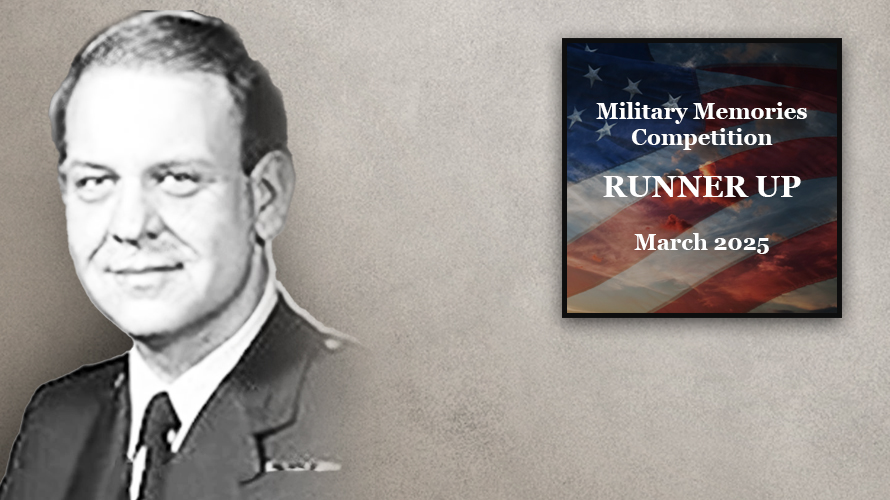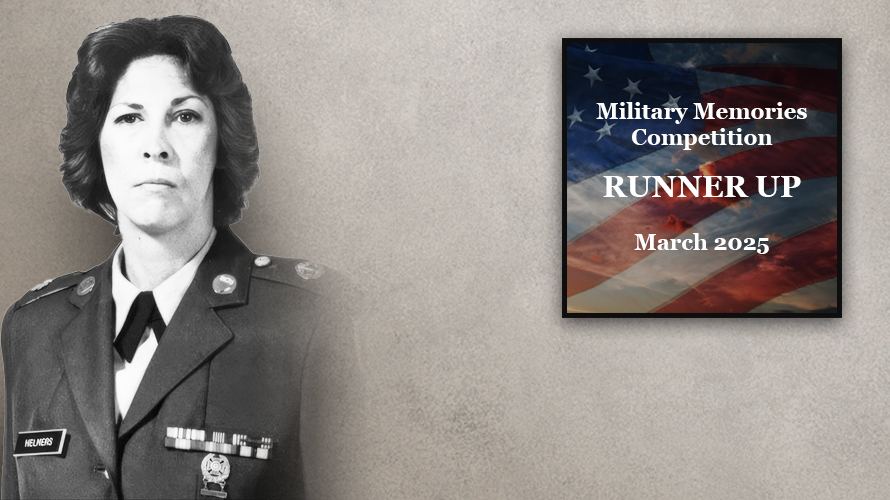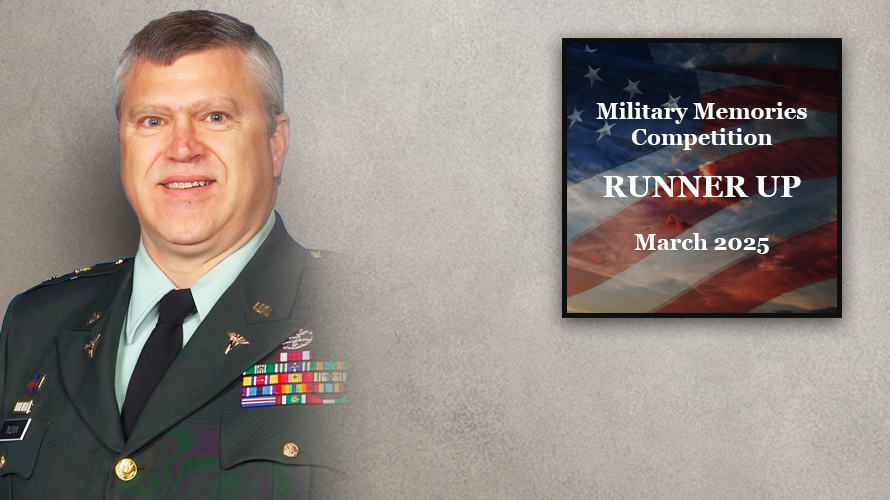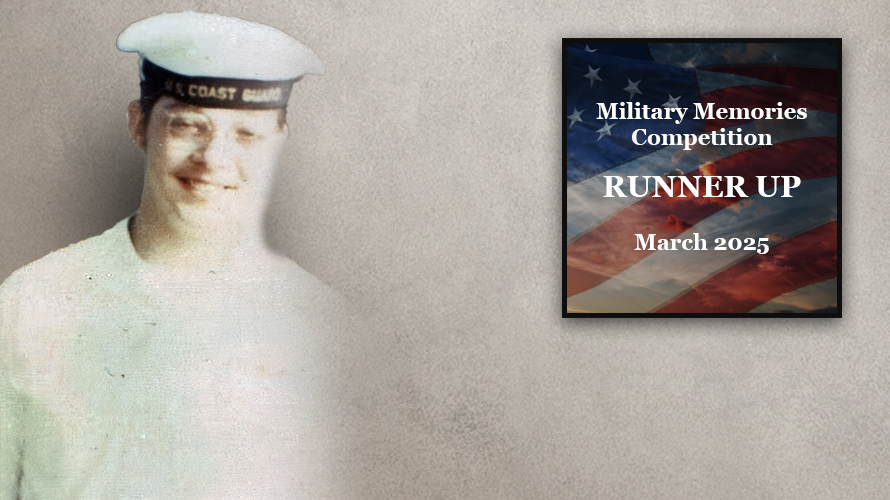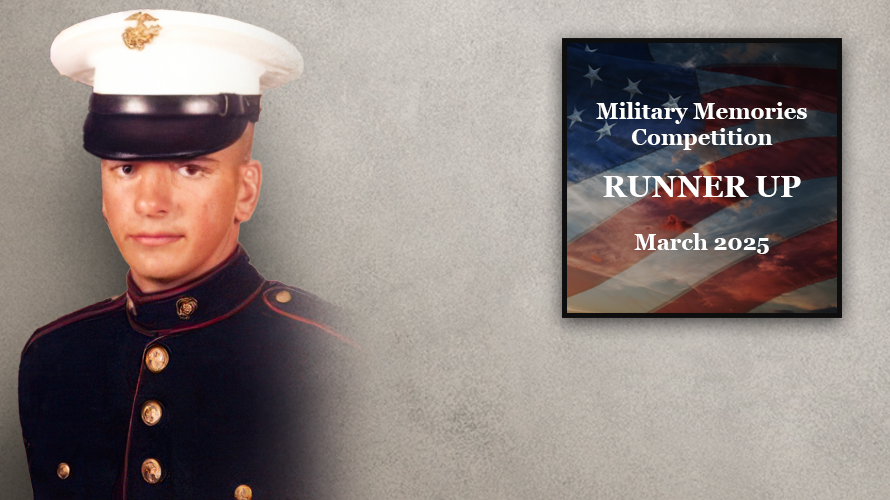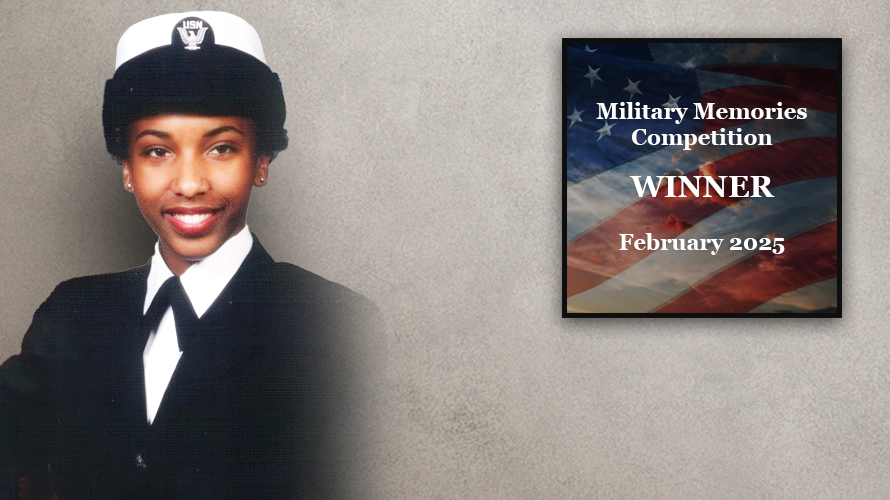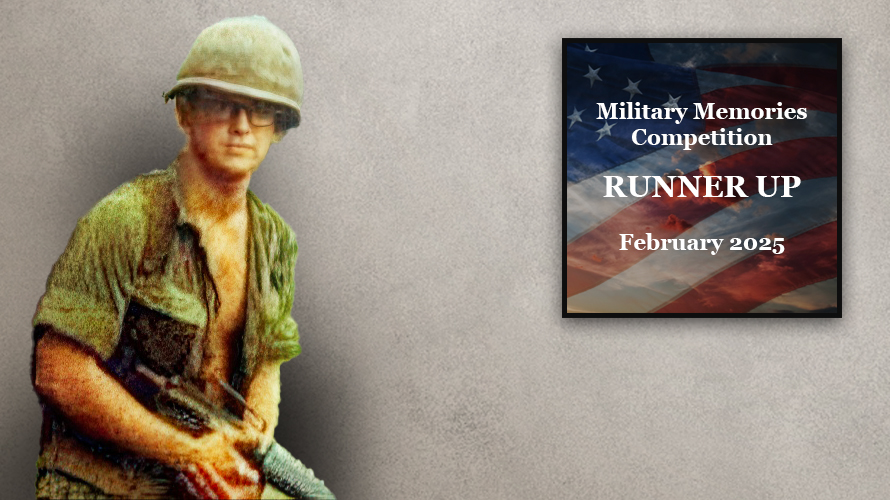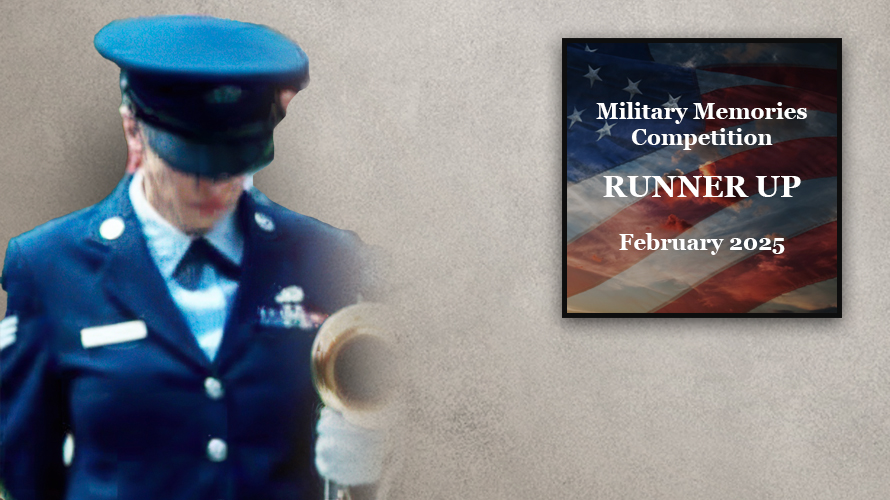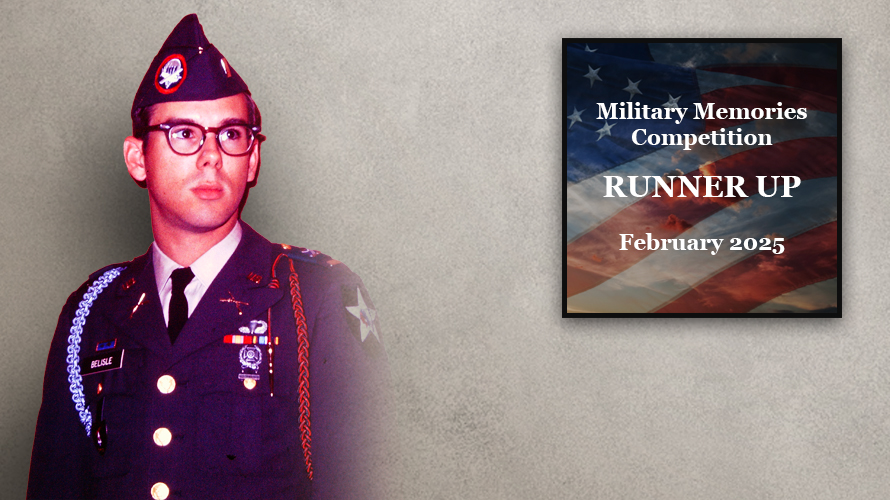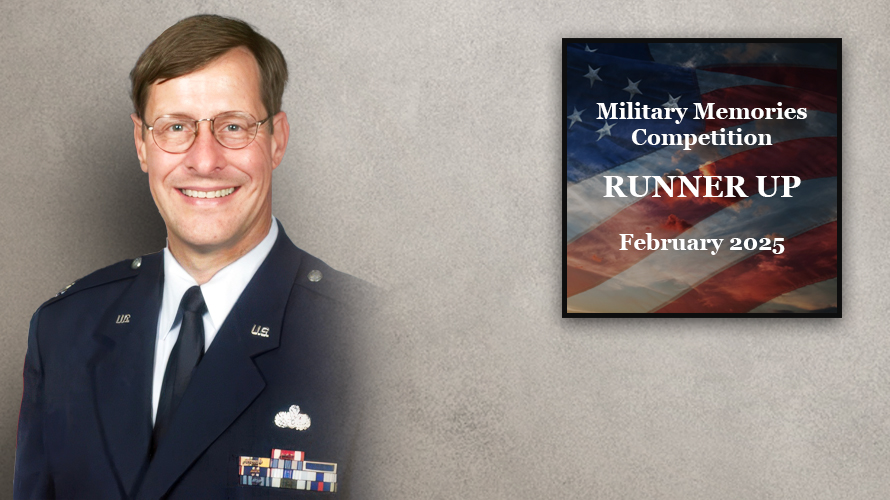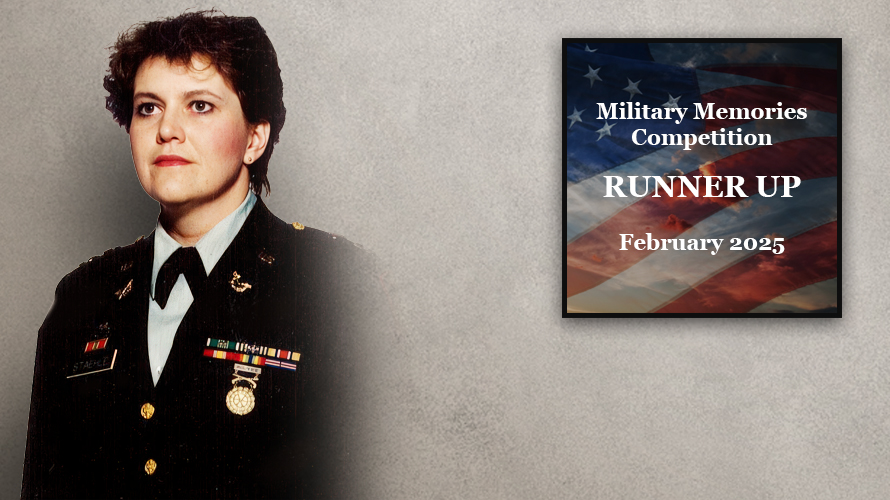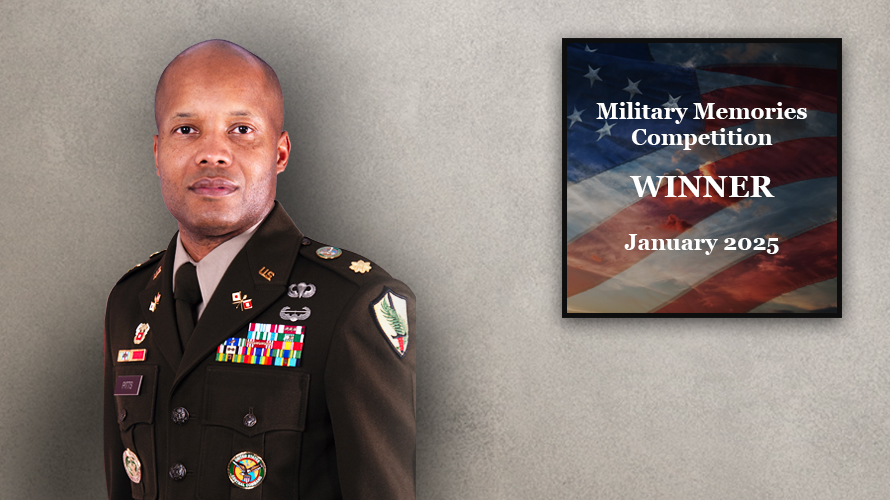Did Any of Your Parents or Grandparents Serve? What Facts or Stories Do You Remember About Their Service?:
Military service has become a tradition in my family. One of the things that has kept me busy in retirement is genealogy research. Through my research, I discovered that my fourth great-grandfather, William McLee “Mack” Cole, served with Company B of the South Carolina Volunteer Infantry, which drew the majority of its men from Laurens County. Pvt. Cole died of pneumonia following the Battle of Fredericksburg, Va. He died in Chimborazo Hospital Number 5 and was buried in Oakwood Cemetery in Richmond, Va. Men were dying in large numbers at the hospital and were buried in Oakwood with as many as six men to a grave. A small stone cube marked the graves with numbers on them that correlated to a grave registry book listing the names of the men in each grave. When I discovered that my grandfather did not have a headstone, I attempted to obtain one for him through the VA, only to have my request denied. They stated the stone cube and grave registry were sufficient markings for his grave. So, I purchased him a headstone and, with the assistance of the Sons of Confederate Veterans, had it installed over his burial site at Oakwood.
